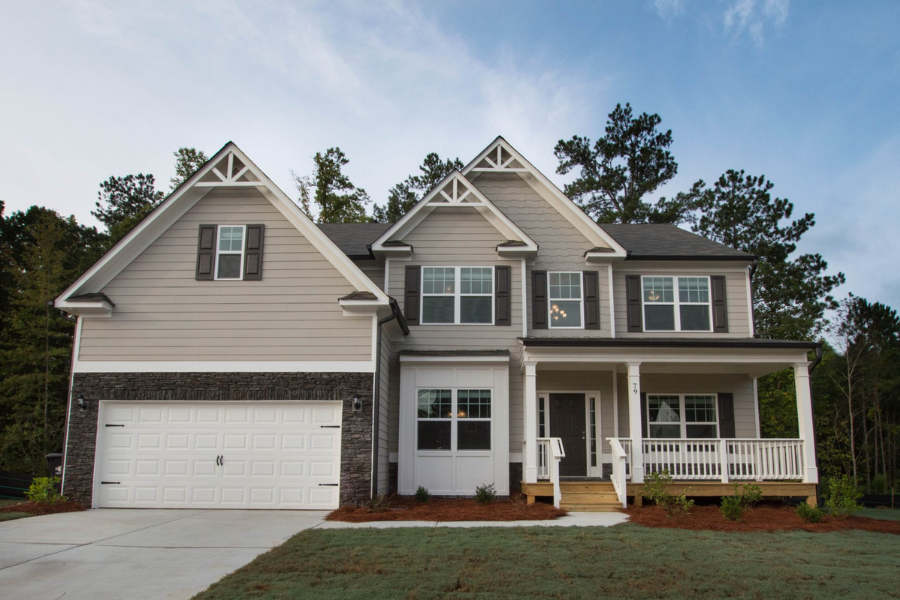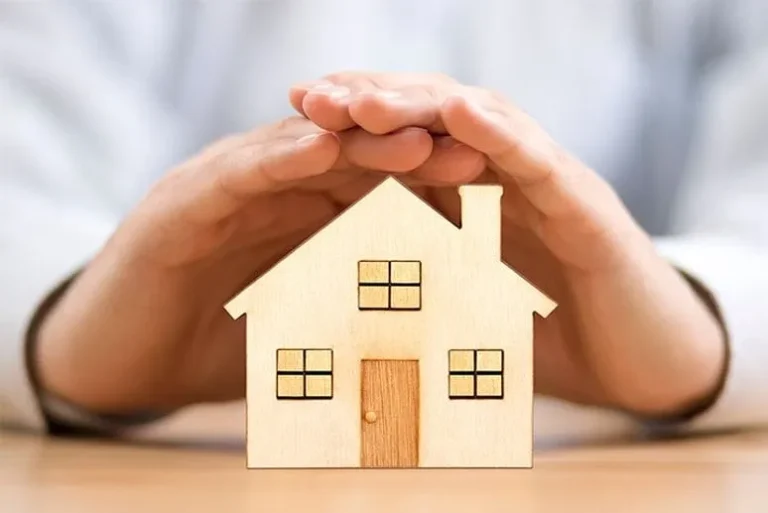Piedmont Residential: A Commitment to Quality Home Building
Building Dreams with Integrity
Constructing a home is one of life’s most significant milestones; it transcends mere construction, embodying your aspirations, values, and lifestyle. At Piedmont Residential, we recognize the immense responsibility that comes with this endeavor. That’s why we have developed a set of foundational business principles designed to guide you through every stage of the building process. Our unwavering commitment to quality ensures that your home is not only beautiful but also built to last, complying with all necessary standards.
In this article, we’ll delve into the essential business practices that make Piedmont Residential a leader in quality home construction. From navigating building codes to integrating energy-efficient features, our guidelines are crafted for both homeowners and builders. Join us as we explore how adhering to these principles can lead to a fulfilling construction journey.
The Significance of Quality in Home Construction
Quality in home building is paramount for creating safe and enduring living spaces. High standards ensure that homes withstand the test of time, offering comfort and security to their residents.
Investing in premium materials and skilled labor significantly lowers future maintenance costs. Homeowners enjoy fewer issues, such as leaks or structural concerns, down the line.
Furthermore, quality construction enhances energy efficiency. This commitment not only minimizes environmental impact but also results in substantial savings on utility bills over time.
Attention to detail during the construction process demonstrates a dedication to excellence. This focus not only improves aesthetic appeal but also increases property value, making homes more attractive in a competitive market.
Prioritizing quality in home building practices establishes a foundation for successful projects that satisfy clients and foster trust within the community.
Navigating Building Codes and Regulations
Building codes and regulations are fundamental to quality home construction. They ensure safety, functionality, and sustainability in every project, making it essential for builders and homeowners alike to understand these standards.
Local authorities set these codes to meet the unique needs of their communities. Depending on factors like climate and soil conditions, different regions may have distinct requirements.
Before starting any construction, it is crucial to thoroughly review applicable regulations, including zoning laws that dictate land use and structural codes that govern design elements such as electrical systems and plumbing.
Failing to comply with these codes can result in costly delays and fines. Therefore, collaborating with experienced professionals who are well-versed in local regulations can significantly streamline the building process.
Ultimately, the goal is to create a safe living environment that fulfills all legal obligations while reflecting personal design preferences.
Steps to a Successful Home Construction Journey
The home-building process begins with a clear vision. Establishing your goals and expectations early on will guide your decisions throughout the journey.
Selecting the right location is next. Research neighborhoods that align with your lifestyle and budget, as proximity to schools, parks, and other amenities can greatly influence your experience.
Once you have identified a suitable site, it’s time to engage the right professionals. Hiring an architect or designer who understands your needs will help transform your ideas into actionable plans.
Acquiring the necessary permits is also critical. Familiarize yourself with local regulations to ensure all permits are in place before breaking ground.
Throughout construction, maintaining open lines of communication is essential. Staying engaged with contractors allows for prompt resolution of any issues that may arise, helping to keep timelines on track and quality standards high.
Be mindful of your budget as well. Preparing for unexpected expenses can prevent setbacks and ensure that the quality of your new home is not compromised.
Embracing Energy Efficiency in Your Home
Incorporating energy-efficient features into your home is not only environmentally responsible but also leads to considerable savings on utility bills.
Start with high-quality insulation, which keeps your home warm in the winter and cool in the summer, significantly reducing energy consumption.
Consider installing Energy Star-rated windows. These windows minimize heat loss and lower cooling costs, enhancing year-round comfort.
Upgrading to energy-efficient appliances can also yield substantial savings. Seek out appliances that use less electricity while maintaining top performance.
Lighting is another area where you can make a difference. Switching to LED bulbs can save up to 80% on energy costs while lasting much longer than traditional incandescent bulbs.
Lastly, explore renewable energy options, such as solar panels, which harness sunlight to provide clean power and reduce dependence on fossil fuels.
Upholding Quality Standards Throughout Construction
Maintaining quality standards at every stage of the construction process is vital for achieving a successful outcome. Each phase demands careful attention to detail to ensure that every aspect meets established guidelines.
Start with thorough planning. A well-structured blueprint is essential for laying the groundwork for excellence. Engage experienced professionals who comprehend the intricacies of home building.
During construction, foster a collaborative atmosphere through consistent communication among team members. Regular meetings can help identify potential issues early, facilitating quick resolutions and adjustments.
Incorporate quality control checks at each phase—foundation, framing, plumbing—to ensure compliance with specifications and industry standards. This proactive approach can help minimize costly errors later on.
Encourage feedback from subcontractors and employees alike. Their insights can lead to process improvements that benefit future projects while maintaining high-quality benchmarks across the board.
Conclusion
Piedmont Residential’s business principles are fundamental to maintaining the highest standards in home construction. By prioritizing quality, builders create homes that are aesthetically pleasing, structurally sound, and safe for occupants. A thorough understanding of local building codes and regulations is essential; these guidelines protect both builders and homeowners.
The journey of constructing a home involves multiple steps, each crucial for success. From selecting the right site to conducting final inspections, adhering to best practices ensures efficiency and satisfaction throughout the process. Incorporating energy-efficient features not only reduces utility expenses but also enhances comfort and contributes to environmental sustainability.
Consistently maintaining quality standards during every construction phase is non-negotiable. This commitment reflects professionalism and a dedication to delivering value, leading to satisfied homeowners who take pride in their new spaces.
By establishing strong business principles, Piedmont Residential sets a benchmark for excellence in home building, fostering trust among clients and promoting sustainable development practices within communities.






